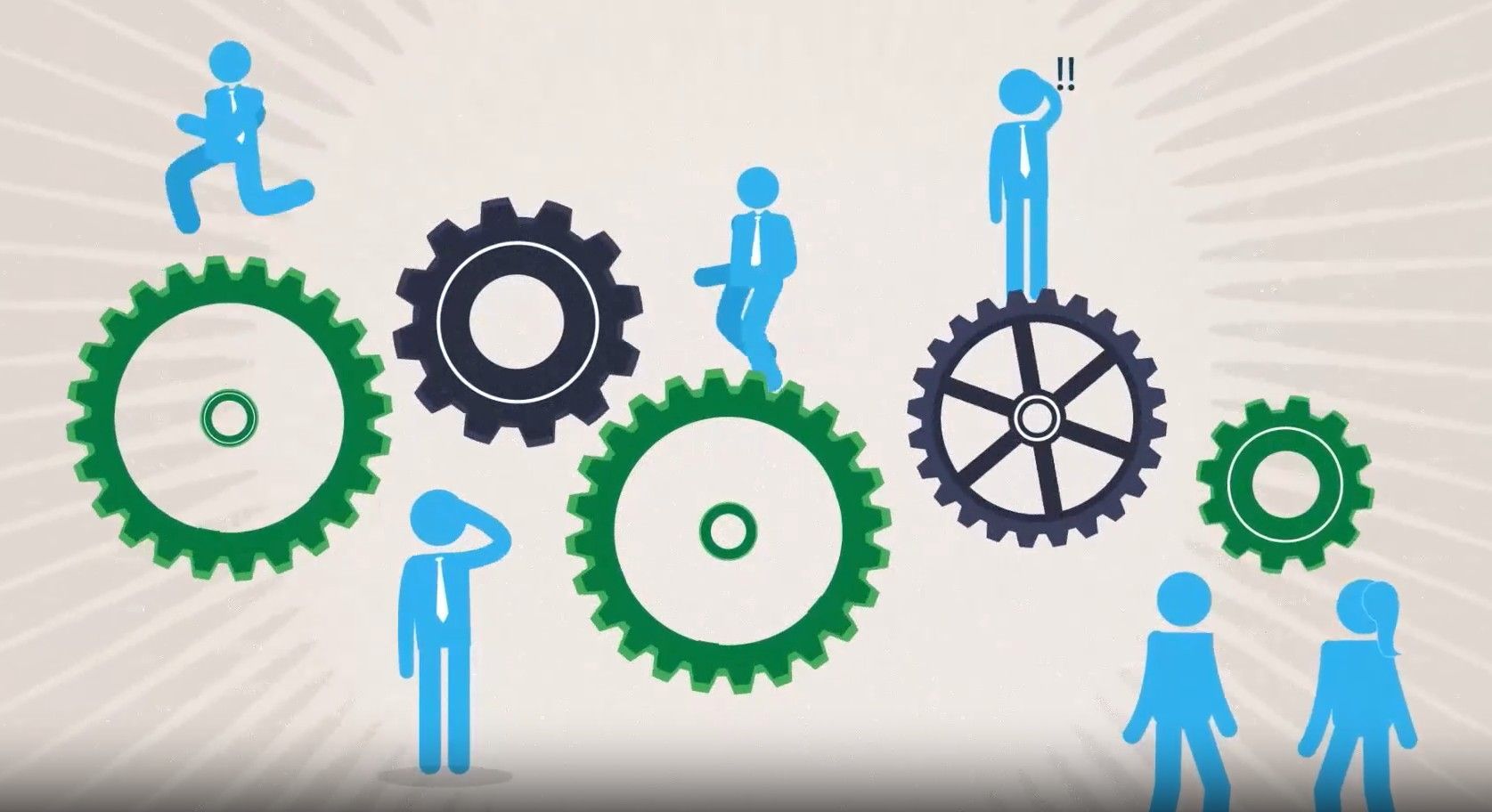Take Off Like Top Gun
October 15, 2025
Are you feeling a “need for speed” right about now? If so, that probably means one of two things. With just six months to go in the year you might not be on track to meet your sales goals. Or, maybe you see an opportunity to surpass your goals and put even more points on the board.
Getting on either track won’t be as easy as zooming off in a jet fighter like Tom Cruise in the original Top Gun or in the current one. You’re not Maverick (or Tom Cruise), and we aren’t either. But what you can do is use your own need for speed to take off like Maverick. And we can help.
A client once asked me whether speed was that important in selling, and I asked him why he wanted to know. “Well, you and I just talked on Monday and you’re already back on Wednesday with a proposal,” he said. “Does a fast response really make a difference in your market? Do you think it makes a difference in my market?”
My very fast answer: “Yes, speed is important. Yes, it certainly makes a difference in my market, and, yes, I’m sure it does in your market.” For the record, it probably makes a difference in any market.
Here are three lessons on speed from McDonald’s founder Ray Kroc: 1) Be fast to follow up on a problem, 2) Be fast to get to the decision-maker, and 3) Be fast to recognize the potential and act on it. He followed his own advice and gave the rest of us fast food.
Buyers expect speed, and sellers must provide it. How quickly a seller can deliver a solution has, in many businesses, even become a differentiator. Buyers have too many other places to go, and, thanks to the Internet, they’re well into the buying process when they get there.
By the time they get to you, they’ve already done a lot of your work, the marketing and the educating parts, at least. Now, you have to do the persuading and selling parts. The efficiency of the sales process is critical.
If you’re in a business-to-business consultative selling market and you don’t feel a real need for speed, step back and take stock. Speed does matter. Not simply because in business faster is almost always better but because of why faster is almost always better. “Sooner rather than later” delivers more value to your prospect or client. That in turn generates more value for you. And delivering value within the sales process is what consultative selling is all about, at least in our experience. The good news is that delivering value often starts with something simple, such as saving time for a prospect and for yourself.
Here are six other examples in which speed delivers value and why:
- Responding to inquiries—to be there before your competition
- Getting in the door for a first meeting—to learn whether you can help and, if so, how
- Being seen as an expert—to build confidence
- Completing proposals and then presenting them—first, to get the sale, and, second, to help the prospect better understand the challenges involved
- Beginning an assignment once you have it—to begin delivering more value quickly
- Completing an assignment—well, that’s the whole idea.
One value speed delivers in each of those examples is building trust. Stephen R. Covey, in fact, popularized that thinking when he wrote, “Business is done at the speed of trust.” Further, he wrote that it’s the “one thing that changes everything.” You can’t get much more important than that.
“Out-discovering” your competition does take time. But it’s time well spent: Learning what you need to know to help the prospect see the value of your product or service is critical. You gain an information advantage that, if used skillfully, is much more important than most sales people realize. Unfortunately, most sales people struggle simply to gain an information advantage, let alone use it. Better discovery allows you to show the prospect the value of your service or product. That’s much more persuasive than telling your prospect how valuable it is.
And you can get more efficient in your sales process by doing something that sounds counterintuitive. In our popular consultative sales training course, FOCIS® we teach “slowing down the sales process to speed up the sales cycle .” What does that mean?
Here’s an example. A new client had just begun our FOCIS® course and had scheduled a 20- minute, out-of-town meeting with a prospect. Such a short meeting, especially if travel time and money are involved, just didn’t seem worth it to us. When he asked us to help him prepare, we suggested that he schedule a 90-minute meeting (he had a cooperative prospect) that would slow down the sales process but help him get the information he needed to make the prospect’s decision-making process move faster.
When the meeting started, the prospect was satisfied with his current national provider. By the end, however, he was highly dissatisfied because he realized he didn’t know what he didn’t know about how much more value he should be expecting. When the original contract expired, our client got the business.
Twenty minutes would have been a “hi-how-are-you-nice-
So turn that need for speed to your advantage and reach your goals by the end of the year. Give us a call at 847-446-0008 Ext. 1 to learn how our consultative sales training and services can help over the next six months. We also perform lead generation and marketing services targeted for your products, services, and markets.
The post Take Off Like Top Gun appeared first on Productive Strategies, Inc..










